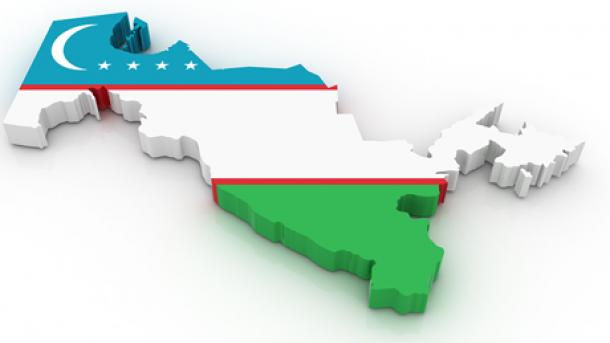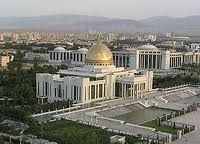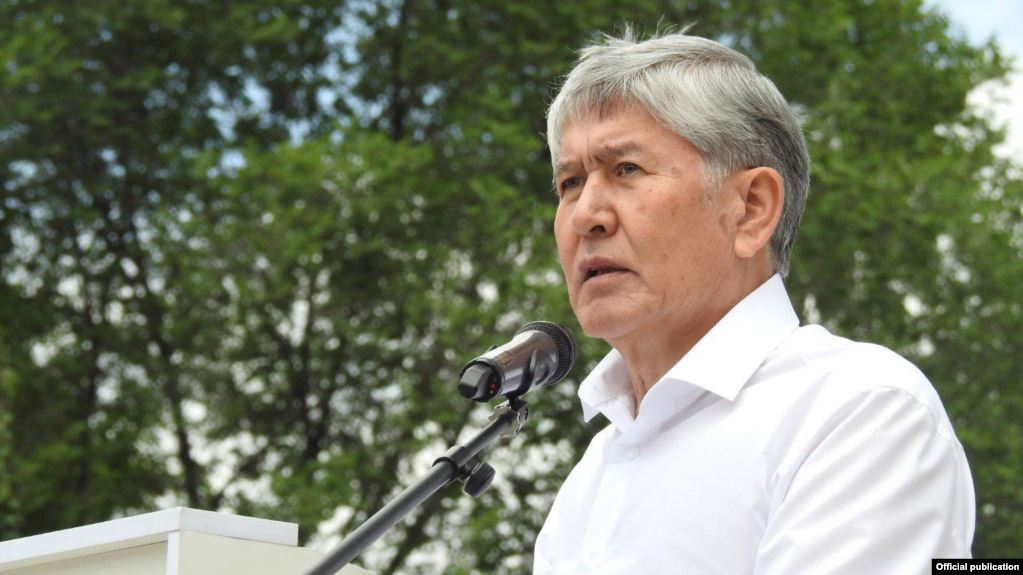LONDON (TCA) — It is a warm, sunny and lazy Sunday afternoon in the Kyrgyz capital and all is quiet. The ominous spectre of mass demonstrations, burning vehicles, charging security forces and shootouts invoked by western “revolution manufacturers” and mass media parroting them is as remote as remote could ever be. Kyrgyz people go or do not go to vote, with both categories expressing a pragmatic approach to politics: let things go on as they do, let leaders govern and leave business to the population. This overall attitude explains why hardly more than half of the voters bothered to vote in the first place.
The ballot stations opened at 8 am on October 15 and by noon less than 7 per cent of the electorate had voted. As of 4.00 pm voter turnout average in the country was 35.8 percent, including Bishkek with 39.1 percent, the second-largest town Osh in the southwest of the country with the largest percentage of 49.4 per cent and varying numbers across the territory. At 8 pm as the voting came to an end, 55.93 per cent of the electorate had voted: the lowest score ever since Kyrgyzstan switched from a “presidential” to a “parliamentary” government back in 2010.
Other candidates marginalised
Fortune and misfortune tellers had predicted a neck-to-neck race between frontrunners Omurbek Babanov and Sooronbai Jeenbekov, the 47-year-old thriving, sometimes provocative billionaire and the somewhat dull-sounding protege of outgoing head of state Almazbek Atambayev, well embedded in the latter’s Social Democratic Party of Kyrgyzstan, which occupies over one-third of the seats in Parliament.
With all votes counted early on Monday, it appeared that Jeenbekov had won with 54.8% of the votes, leaving Babanov with only 33.78% far behind him. Other candidates, including Temir Sariyev with 2.56% and former Parliament Speaker Adakhan Madumarov with 6.48% of the votes, were marginalised. Together, though, they might have obtained enough votes to keep each of the two frontrunners under a simple majority of 50 per cent, which would have meant a second round between the two latter.
Jeenbekov’s catch was hardly a surprise, but Babanov got far less votes than most people had expected. Jeenbekov’s narrow victory, however, does not mean that his opponent has lost his entire political clout. His party Respublika is a member of the ruling coalition, and may well set tougher conditions to prolong its cooperation, particularly in sight of the parliamentary elections due for the upcoming year.
Babanov, who is officially recognised as the richest man in the country with a fortune worth in the order of 1.5 billion in US dollar according to Forbes, which represents a staggering one-sixth of Kyrgyzstan’s entire annual gross domestic product, had clearly hoped to take after France’s shot-up head of state Macron, a “new face” in politics, and a fresh start in political and (first and foremost) economic dynamics. Instead, Kyrgyzstan chose to keep its political establishment in place.
‘Smear campaigns, vote–buying, coercion’
This is not exactly what neo-con outlets in Europe and the Americas may have wanted to hear. Even respectable mainstream media have been preaching thunder and lightning over Kyrgyzstan’s fledgling democracy in the run-up to the election.
Thus, the BBC reported that (unnamed) “critics say the political environment in Central Asia’s “island of democracy” is deteriorating” – quoting the Helsinki Commission as stating that “the vote takes place amid mounting concerns of democratic backsliding, particularly regarding the government’s treatment of political opposition, civil society and human rights defenders”. As to the coup-plotters, the broadcaster refers to (again unnamed) “experts” who “saw this case [i.e. of opposition leader Omurbek Tekebayev convicted for bribe-taking] as politically motivated”.
Similarly, Agence France Presse noted that “the voting raises familiar fears over instability” – adding a quote from another outsider, Deirdre Tynan, Central Asia project director for the International Crisis Group, as professing: “Despite technical progress in how votes are cast on the day, the system remains based on smear campaigns, vote–buying, coercion and the use of administrative resources.” Reading this, one wonders who is smearing whom…
Capital-consuming vs. capital-generating
There is one thing, however, where the danger of too much continuity lies – namely in lethargy and indifference. All former Soviet republics have witnessed avalanches of “reforms” ever since they became independent to their own surprise and in some cases disappointment. Many “reforms” mainly consisted of foreign consultants putting million after million in their pockets for writing reports nobody would read. And in those cases in which laws were indeed changed, those changes have tended to be highly academic and cosmetic in character – leaving those who cared in a state of confusion and the rest in a state of indifference. Generally speaking, people still mistrust “reforms” recalling how Mikhail Gorbachev tried to impose them at gunpoint, ending in total fiasco.
For Kyrgyzstan, the most important thing is not to have another series of changes in the law but to make people observe and obey the law. None of the candidates in their often vague and generalist campaigns has clearly made the struggle against organised crime in the country an absolute priority on the road to orderly progress which it is. Moreover, none of the candidates either have pointed at the need for a fairer division of the yields of such progress between a minority of “capitalist” profiteers and close to half of the population left in the cold. Finally, the economy itself could be seen as based on the wrong concept, namely capital-consuming rather than capital-generating. Elementary – but unfortunately heavily overlooked. It can only be wished for that next years’ general elections will be preceded by such core debates rather than a new round of ego trips…










